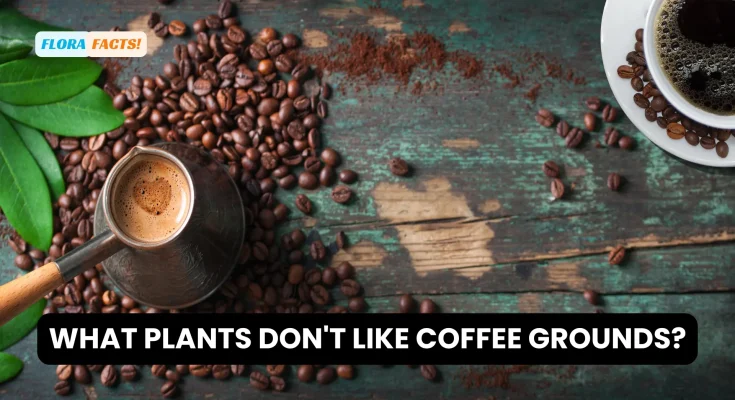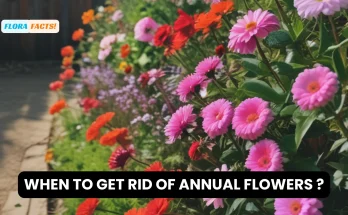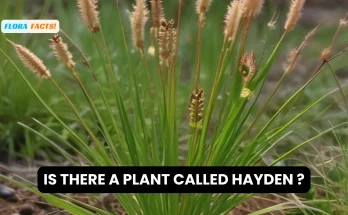For its rich content of nitrogen and its improvement of the structure of soil, coffee grounds have been popularly advocated by gardeners. Coffee grounds, however, bring unfavorable effects on some of these! What plants don’t like coffee grounds? Understanding plants that do not like to grow coffee grounds is an essential for each gardener to successfully produce healthy and productive results from each plant. In this article, we look at the reasons behind some plants’ aversion to coffee grounds and determine which should be avoided with this popular gardening amendment.
What Plants Don’t Like Coffee Grounds?
Coffee grounds are a popular amendment for the garden, but not all plants like them. So, what plants don’t like coffee grounds? Here’s a short list of those that may suffer when coffee grounds are used:
- Lilacs
- Lavender
- Geraniums
- Squash and zucchini
- Roses
- Cacti and succulents
- Tomatoes
- Peppers
- Eggplants
Such plants usually require neutral or slightly alkaline soil conditions, whereas such pH and nitrogen content in used coffee grounds may be detrimental for their growth and health. Just check the specific needs for your plants before adding those to your garden.
The Chemistry of Coffee Grounds
The pH of coffee grounds is naturally acidic and, over time, could affect soil alkalinity. Even though it’s helpful to some plants, its acidity may be unfavorable for others. For example, the extra acidity from the coffee grounds might not suit the taste of plants preferring slightly alkaline or neutral soils. Coffee also has caffeine, which can adversely affect sensitive plant growth through interference with root growth and nutrient uptake.
Plants That Dislike Coffee Grounds
Here is a list of some plants that don’t tolerate the addition of coffee grounds well:
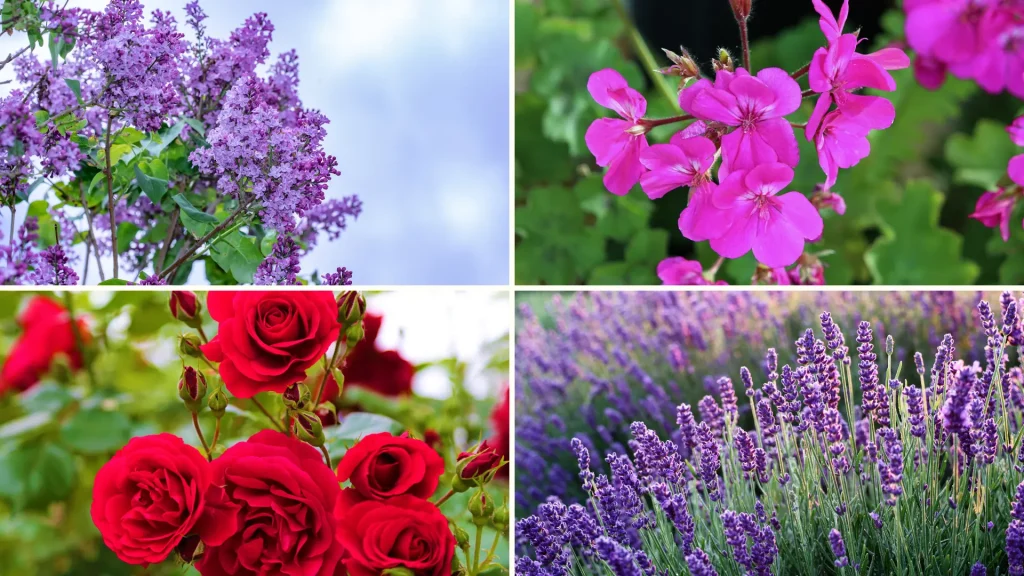
- Lilacs (Syringa vulgaris): This Flowering Shrubs, Alkaline soils favor these shrubs, and coffee grounds could lead to stunted growth.
- Lavender (Lavandula): These flowers thrive in dry, rocky, high pH areas. It does not like acidic environments like that of coffee grounds.
- Geraniums (Pelargonium): The flowering plants have colorful flowers, but the presence of coffee grounds will turn their leaves yellow and inhibit their growth.
- Squash and Zucchini: These vegetables are sensitive to excess nitrogen and moisture, two things that can be exacerbated from the application of coffee ground.
- Roses (Rosa): While some roses may handle coffee grounds, many different varieties are prone to disease by fungi, which thrive in a moist environment created by these coffee grounds.
- Asparagus Fern (Asparagus setaceus): This ornamental favors well-drained soil and can potentially rot at the roots by excess moisture retained by coffee grounds.
- Cacti and Succulents: These drought tolerant plants grow in poor nutrition conditions; incorporating coffee grounds results in overwatering and root rot.
- Tomatoes (Solanum lycopersicum): Tomatoes are sensitive to too much nitrogen and can result in producing too much foliage, and fruit development suffers if coffee grounds are incorporated.
- Peppers (Capsicum): Like tomatoes, peppers suffer from slow growth and decreased yields because of excess nitrogen from the coffee grounds.
- Eggplants (Solanum melongena): The high content of nitrogen in the grounds can also pose some adverse impacts to these plants.
Why Some Plants Dislike Coffee Grounds
Main reasons some plants do not like coffee grounds:
- Acidity: Some plants prefer neutral or alkaline soils. The addition of coffee grounds will drastically decrease soil pH, leading to deficiencies and poor growth.
- Caffeine Sensitivity: Caffeine has allelopathic properties, which inhibit seed germination and root growth of most plants. Some plants become very susceptible to wilting and yellowing when the environment contains caffeine.
- Moisture Retention: Coffee grounds might compact quickly, resulting in poor drainage and a higher retention of moisture in the soil. This condition is especially detrimental for plants preferring dry or well-drained soils.
Alternative Uses for Coffee Grounds in Gardening
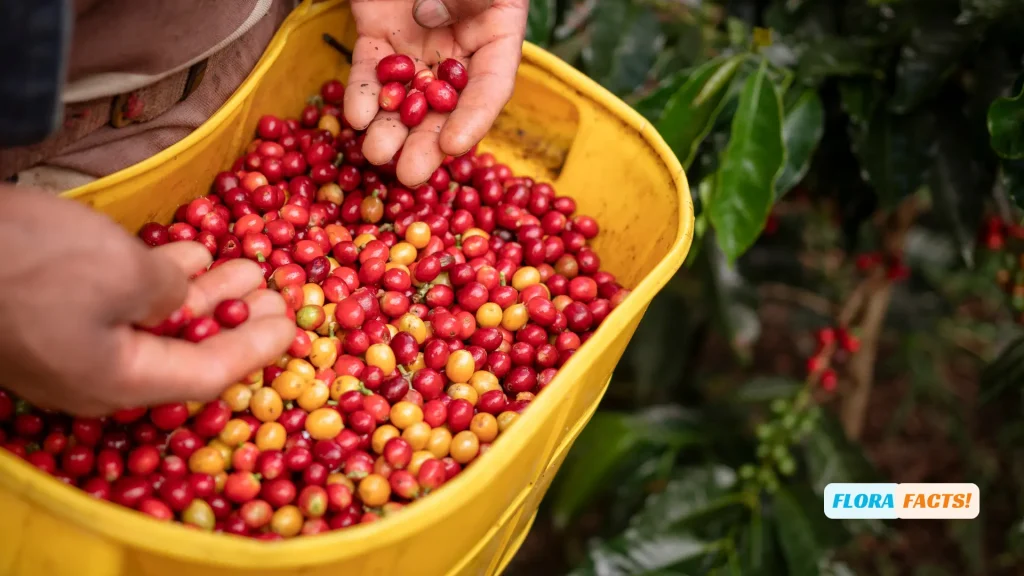
While many plants don’t love coffee grounds, there are numerous other ways to utilize organic materials like these in your garden:
- Composting: Coffee grounds can add nitrogen to your compost bins; however, balance them with more carbon-rich materials such as dried leaves or straw.
- Mulching: When sprinkled sparsely under acid-loving plants, like blueberries, coffee grounds serve to retain moisture and prevent weed growth.
- Pest Deterrent: Used coffee grounds repel some pests like slugs and snails due to its potent smell. These ground beans can be scattered close to the vulnerable plants for these insects to keep away.
- Soil Amendment for Acid-Loving Plants: Some plants such as azaleas, rhododendrons, and hydrangeas love acidic soil; hence they would react well to having coffee grounds spread within their surroundings.
Tips for Using Coffee Grounds Safely
To ensure that your gardening practices remain beneficial rather than harmful, consider the following tips when using coffee grounds:
- Test Soil pH: Test the pH level of your soil before adding coffee grounds. This will help you determine if the acidity will benefit your plants or if they will be adversely affected.
- Use Sparingly: Use coffee grounds in small amounts if you decide to apply them to sensitive plants. Often, a thin layer of coffee grounds in the soil is enough to avoid upsetting the plant’s natural environment.
- Mix with Other Materials: Diluting coffee grounds’ impact on soil pH and moisture retention by mixing them with other organic materials like compost or leaf litter can be beneficial.
- Observe Plant Health: Monitor your plants for stress signs such as yellowing leaves or stunted growth after introducing coffee grounds to their environment.
Discover which plants should steer clear of coffee grounds for optimal growth. For a detailed guide, visit FloraFacts today!
FAQs About What plants don’t like coffee grounds ?
What plants are sensitive to coffee grounds?
Some plants that like alkaline or neutral soils, such as lilacs, lavender, geraniums, and cacti, tend to be sensitive to coffee grounds because of their acidic nature and high nitrogen content.
Why do some plants hate coffee grounds?
Coffee grounds can also lower soil pH and introduce excess nitrogen, which may suppress growth in plants that prefer less acidic soils or are sensitive to high levels of nitrogen.
Do coffee grounds harm seedlings?
Yes, seedlings and young plants may be more susceptible to the high nitrogen concentration found in coffee grounds, resulting in stunted growth or death.
Are there any benefits of using coffee grounds for some plants?
While most plants despite coffee grounds, acid-loving plants such as blueberries and azaleas will love them-they thrive in lower pH conditions.
How to use coffee grounds in the garden ?
If you want to make use of coffee grounds, either compost them first or use it sparingly around acid-loving plants. Always check the specific needs of your plants before adding them to the soil.
Wrap Up
Coffee grounds are beneficial in many gardens, but they do not benefit all. There is a specific need for different plants that requires the understanding for a successful garden. What plants don’t like coffee grounds? There are species from lilacs and lavender to tomatoes and cacti, among others, that are sensitive to the acidity and excessive nitrogen coffee grounds introduced to the soil. With such knowledge, using coffee grounds in the right proportion and in the right place in your garden can make for a thriving environment that ensures healthy growth. Ultimately, it is through knowledge that all plants in your garden can flourish.
Explore which plants should avoid coffee grounds to ensure a thriving garden. Visit What Plants Don’t Like Coffee Grounds – Forestry Reviews!
